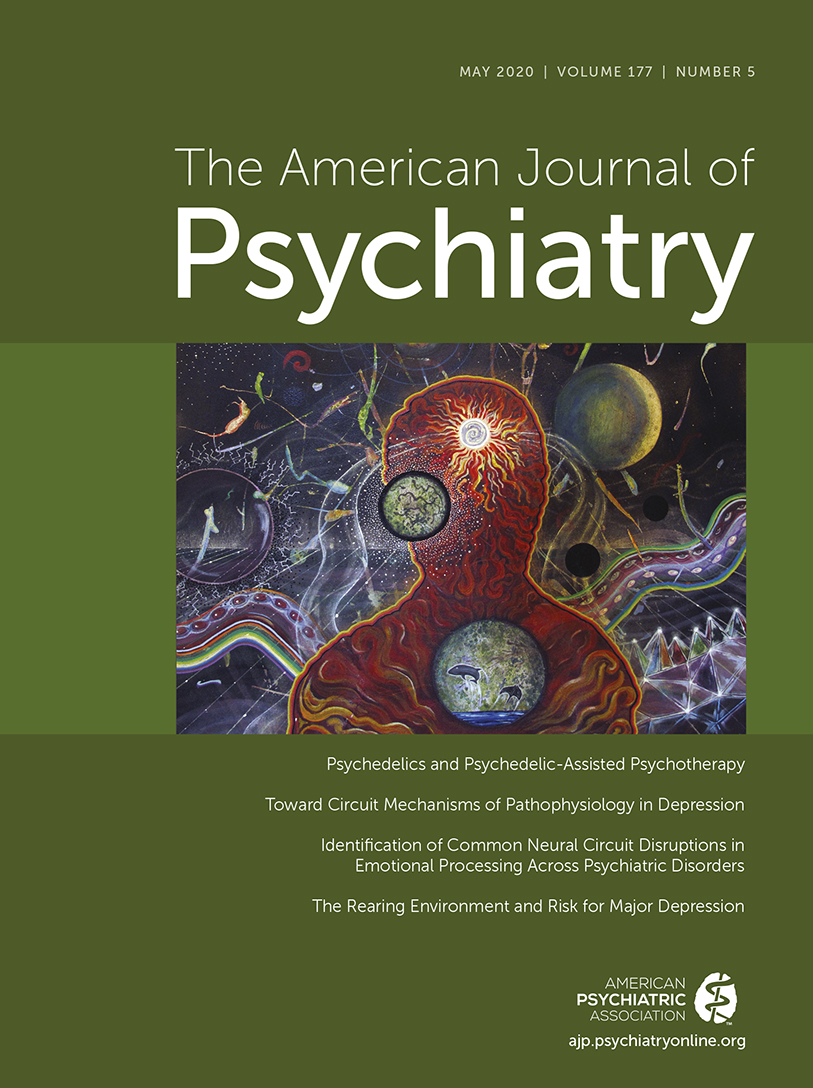The Rearing Environment and Risk for Major Depression: A Swedish National High-Risk Home-Reared and Adopted-Away Co-Sibling Control Study
Abstract
Objective:
The authors sought to clarify the role of rearing environment in the etiology of major depression.
Methods:
Defining high risk as having at least one biological parent with major depression, the authors identified a Swedish National Sample of 666 high-risk full sibships and 2,596 high-risk half sibships containing at least one home-reared and one adopted-away sibling. Major depression was assessed from national medical registries.
Results:
Controlling for sex, parental age at birth, and, for half siblings, history of major depression in the nonshared parent, the risk for major depression in the matched adopted compared with home-reared full and half siblings was reduced by 23% (95% CI=7–36) and by 19% (95% CI=10–38), respectively. This protective rearing effect was not influenced by the relative educational status of the biological and adoptive parents. However, in both full and half sibships, the protective effect of adoption disappeared when an adoptive parent or stepsibling had major depression or the adoptive home was disrupted by parental death or divorce.
Conclusions:
In matched full and half sibships at high risk for major depression, compared with individuals raised in their home environment, those reared in adoptive homes (homes selected in Sweden for their high-quality rearing environment) had a significantly reduced risk for major depression. This protective effect disappeared if an adoptive parent had major depression or if the adoptive home experienced parental death or divorce during childhood/adolescence. The rearing environment has a meaningful impact on risk for major depression, and this effect is likely mediated both by parental depression and the continuity or disruption of the home environment.



